Causes of blurred vision after eating
Vision is a complex process, light enters the front of the eye called the cornea and passes through the lens. The cornea and lens work together to focus rays onto the optic nerve, the light-sensitive tissue at the back of the eye.
The corneal cells then absorb that light and convert it into an electrical impulse that is then sent along the optic nerve. Eating a meal high in carbohydrates can cause a sudden spike in blood sugar. This is called postprandial hyperglycemia. It occurs when carbohydrates have a chance to break down into sugar and enter the bloodstream. Foods high in carbs can cause blood sugar spikes in the following variations:
+ Bread
+ Soup
+ Potatoes
+ Grilled dishes
+ Candy
+ Soft drinks and other beverages
+ Cream
+ Fresh fruit
A sudden increase in blood sugar causes waste to move into and out of the eye. As a result, the lens may swell, change shape, and blur vision. When blood sugar returns to normal, the lens will likely return to its original shape, restoring normal strength. The effects may last for a few days.

Illustration
Other symptoms of high blood sugar
Blurry vision after eating is just one symptom you may experience if you have diabetes. Some others include:
+ Excessive thirst or hunger
+ Weight loss
+ Fatigue
+Numbness in hands or feet
+ Dry skin
Symptoms associated with diabetes often go unnoticed because they can be mild or nonspecific. This is why it is important to see your health care provider for an annual screening, especially if you have diabetes risk factors.
High blood sugar, also known as hyperglycemia, can occur if you have normal blood sugar or prediabetes.
Risk factors for diabetes
Type 2 diabetes is more common than type 1 diabetes. Risk factors for type 2 diabetes include:
+ Prediabetes
+ Family history of type 2 diabetes
+ 45 years old and above
+ Overweight
+ Activity can be performed less than three times a week
+ Had gestational diabetes
+ Non-alcoholic fatty liver disease
Uncontrolled diabetes can lead to loss of energy. People with diabetes are at risk of developing diabetic retinopathy. This condition occurs when high blood sugar levels damage the retina. If diabetes is not controlled, it can lead to blindness.

Illustration
What to do if you have blurred vision after eating?
If you experience blurred vision after eating, it is important to seek medical help as soon as possible. Blurred vision after eating is a clear sign of diabetes and should not be ignored.
In the meantime, paying attention to what causes blurred vision after eating can help prevent it from occurring. Try reducing your carbohydrate intake and choosing foods that cause a gradual rise in blood sugar, rather than a rapid one.
You control your blood sugar by eating smaller, more frequent meals, drinking plenty of water throughout the day, and eating foods rich in fiber.
If your blood sugar levels are elevated and not accompanied by any serious symptoms such as shortness of breath, nausea, vomiting or dry mouth, exercise can be used as a way to lower your blood sugar levels. Exercise does not have to be strenuous. Research has shown that simply walking for 15 minutes after each meal can help control your blood sugar levels over a 24-hour period. If you are being treated for diabetes and experience blurred vision after eating as a new symptom, you may want to consult your doctor to see if your goals and plan need to be revised.
Blurred vision after eating is a symptom of diabetes, which occurs due to a spike in blood sugar levels that creates an anabolic reaction in and out of the eye, changing its shape. If you experience this symptom, you should see a doctor for timely treatment, otherwise it can lead to complications such as diabetic leukemia, causing permanent damage to vision.
-> How much sugar should a diabetic eat per day?
Source: https://giadinhonline.vn/vi-sao-cam-thay-mo-mat-ngay-sau-khi-an-d199352.html





![[Photo] "Beauties" participate in the parade rehearsal at Bien Hoa airport](https://vstatic.vietnam.vn/vietnam/resource/IMAGE/2025/4/11/155502af3384431e918de0e2e585d13a)


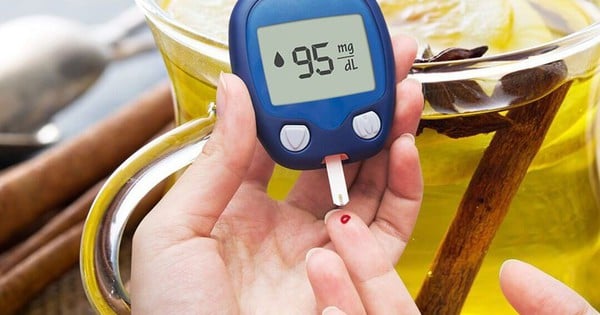


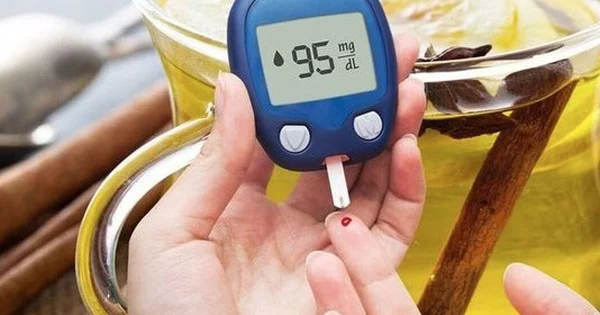








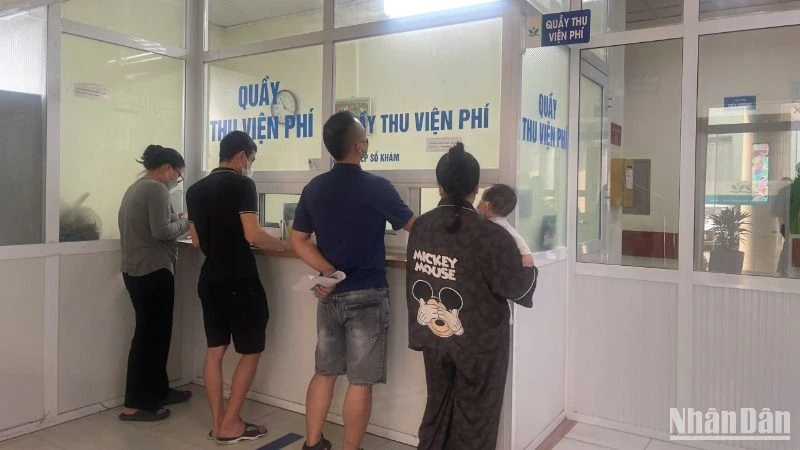
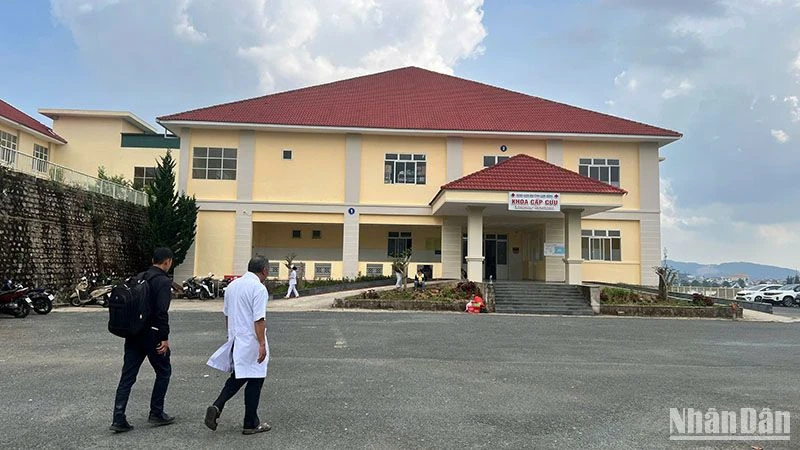




























































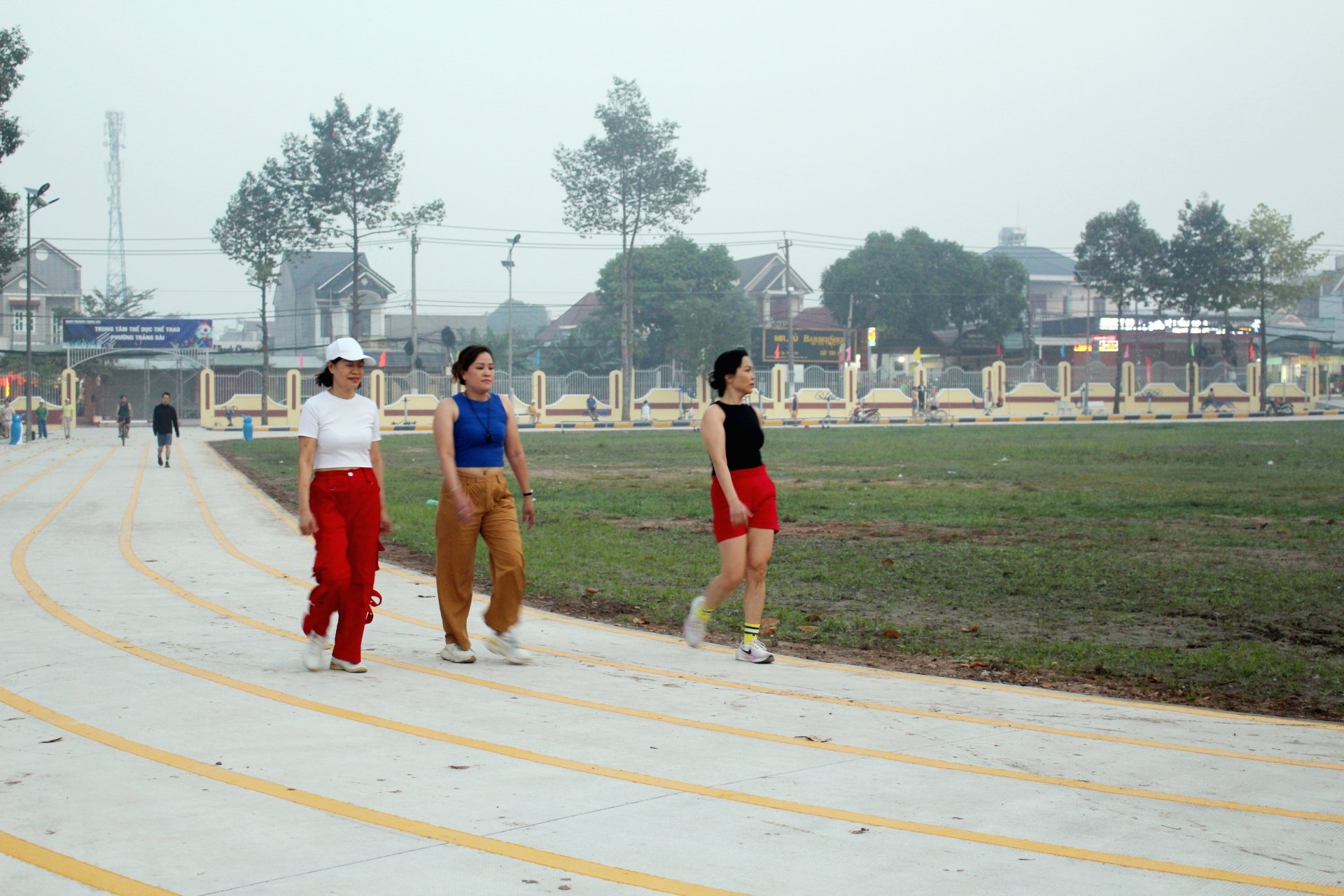










Comment (0)